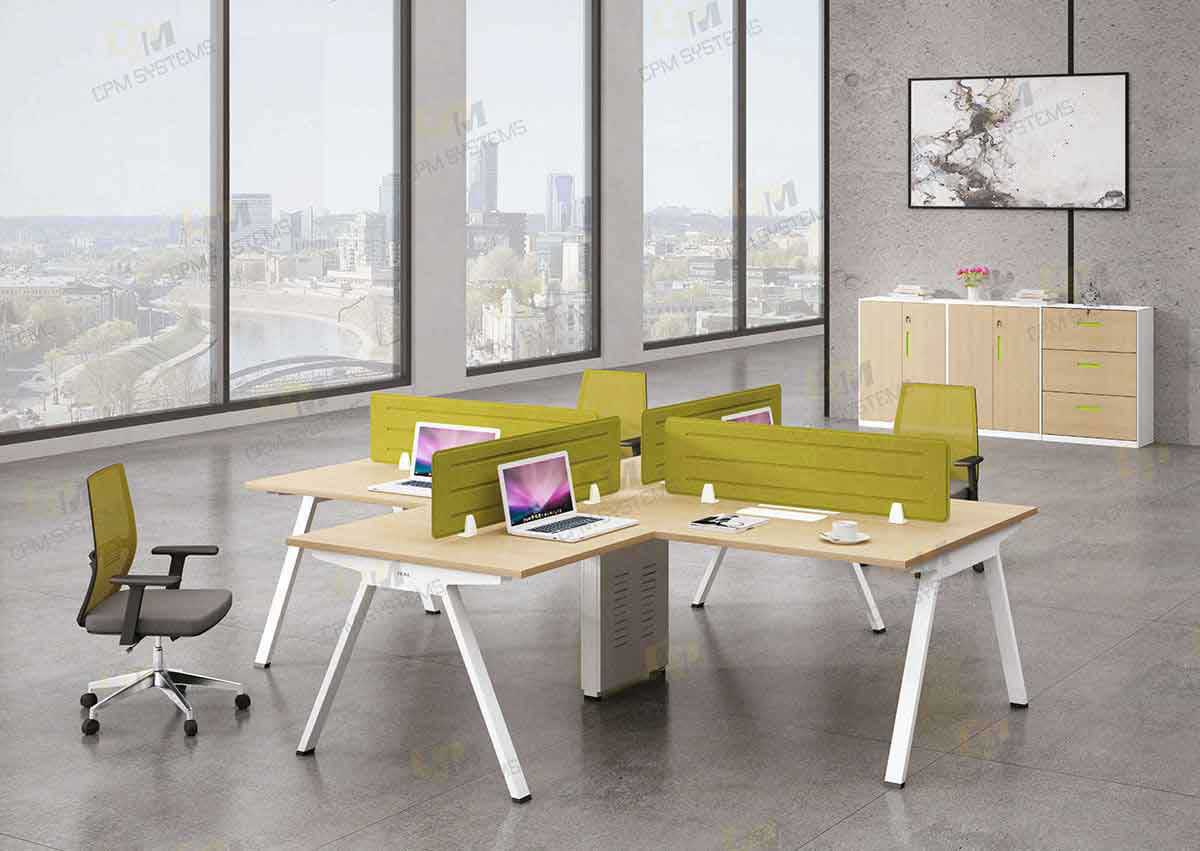The modern office landscape in Delhi, mirroring global trends, is increasingly focused on creating productive and engaging work environments. This shift demands innovative office furniture that fosters collaboration, promotes well-being, and reflects the unique needs of the contemporary workforce. This article explores the evolving landscape of office furniture in Delhi, highlighting modern designs and their impact on creating smarter workspaces.
The Rise of Ergonomic Design in Delhi’s Offices
Delhi’s burgeoning business sector is recognizing the crucial link between employee comfort and productivity. Traditional, rigid office furniture is giving way to ergonomic solutions that prioritize employee well-being. Ergonomic chairs, adjustable desks, and customizable storage solutions are becoming increasingly common, addressing the physical strain associated with prolonged sitting. This emphasis on ergonomics is not just a trend; it’s a practical investment in employee health and long-term productivity.
Manufacturers and retailers in Delhi are responding to this need. They are offering a wider range of ergonomic chairs with features like lumbar support, adjustable armrests, and breathable fabrics, ensuring comfort throughout the workday. Similarly, adjustable height desks allow employees to alternate between sitting and standing, promoting better posture and reducing the risk of musculoskeletal disorders.
Modern Aesthetics and Functional Design
Beyond ergonomics, modern office furniture in Delhi is embracing sleek aesthetics and functional design. Open-plan offices, a common feature in many contemporary workplaces, require furniture that seamlessly integrates into the space while maximizing functionality. Modular furniture systems, offering flexibility in configuration and layout, are particularly popular. These systems allow companies to easily adapt their office spaces to evolving needs and project requirements.
Materials like steel, glass, and wood are increasingly used in contemporary office furniture, creating a sense of sophistication and modernity. The use of sustainable materials is also gaining traction, reflecting a growing awareness of environmental responsibility. This commitment to sustainability isn’t just about aesthetics; it underscores a company’s commitment to ethical and responsible practices.
Collaborative Spaces and Modular Furniture
The shift towards collaborative work styles has significantly impacted office furniture design. Open-plan layouts, designed to encourage interaction and knowledge sharing, are common in Delhi’s modern offices. This necessitates furniture that facilitates collaboration. Modular furniture systems, allowing for easily reconfigurable layouts, are an ideal solution. Companies can adapt their workspace to accommodate different team needs, from focused individual work to brainstorming sessions and team meetings.
Meeting rooms and breakout areas are increasingly equipped with collaborative furniture, such as large tables, comfortable seating arrangements, and interactive whiteboards. These spaces are designed to foster creative problem-solving and knowledge exchange, vital components of a productive and innovative workplace.
Technological Integration and Smart Furniture
The integration of technology into office furniture is another significant trend. Smart desks, equipped with adjustable height controls and integrated charging stations, are becoming commonplace. Similarly, smart storage solutions provide efficient organization and access to files and documents, streamlining work processes. This integration of technology with furniture creates a seamless and intuitive work environment.
Smart lighting systems, integrated into the furniture or lighting fixtures, can adapt to the needs of the space and the activities taking place, enhancing comfort and productivity. This focus on technology integration reflects the increasing digitization of work and the need for efficient and user-friendly tools.
Case Studies: Successful Implementations in Delhi
Several companies in Delhi have successfully implemented modern office furniture solutions to enhance their workspaces. For example, a leading technology firm recently renovated its office, incorporating ergonomic chairs, adjustable desks, and modular furniture to create a more dynamic and productive environment. The results were noticeable improvements in employee satisfaction and productivity.
Another company, focusing on creative content development, opted for collaborative furniture and open-plan layouts to foster brainstorming and idea generation. This resulted in a significant increase in creative output and team synergy. These examples demonstrate the tangible benefits of thoughtfully designed office spaces.
The Future of Office Furniture in Delhi
The future of office furniture in Delhi is poised for continued innovation. We can expect to see even more sophisticated ergonomic designs, greater integration of technology, and a continued emphasis on sustainability. The focus will remain on creating spaces that support employee well-being, foster collaboration, and promote high levels of productivity.
The market will likely see increased customization options, allowing companies to tailor their furniture to their specific needs and aesthetic preferences. This personalized approach will ensure that the work environment aligns perfectly with the company culture and values.
Conclusion
Modern office furniture in Noida is evolving rapidly, reflecting global trends and the unique needs of the contemporary workforce. The integration of ergonomics, aesthetics, functionality, technology, and sustainability is transforming workspaces into dynamic and productive environments. By investing in thoughtfully designed office furniture, companies in Delhi are not only improving the comfort and well-being of their employees but also enhancing productivity, creativity, and overall success. This ongoing evolution promises to create increasingly intelligent and engaging work environments for the future of business in Delhi.

